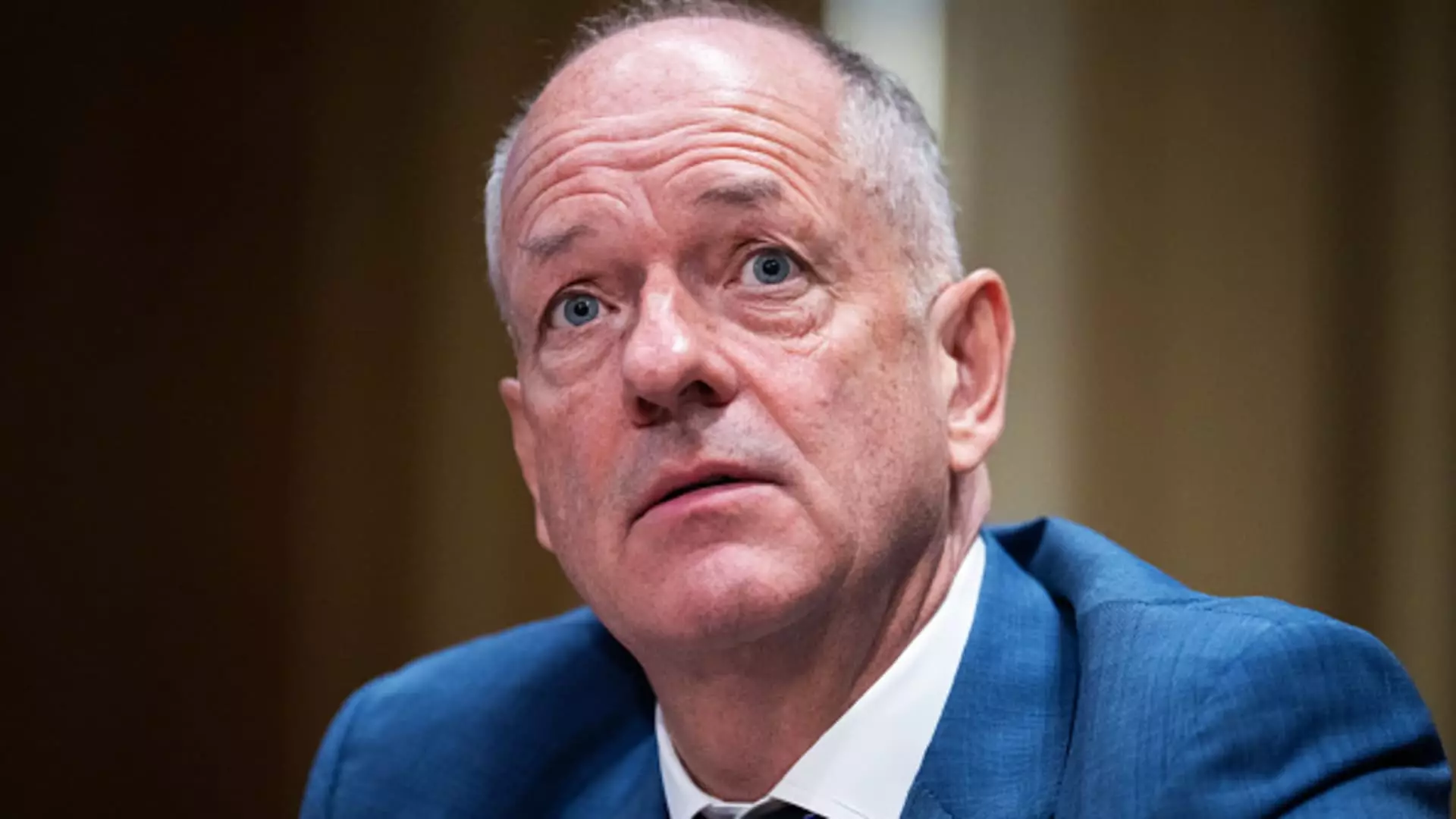The recent death of Brian Thompson, CEO of UnitedHealthcare, has not only left a void in the leadership of one of the largest healthcare insurers in the United States but has also reignited critical conversations about the flaws within the U.S. healthcare system. UnitedHealth Group’s CEO, Andrew Witty, expressed profound sadness over Thompson’s passing, emphasizing that the time is ripe to confront the systems in place that govern healthcare. In a poignant New York Times piece, Witty acknowledged that the existing frameworks are not only inefficient but also lack cohesion, describing the U.S. healthcare system as a “patchwork” that has been layered over decades without coherent design.
Witty’s acknowledgment of systemic failure emphasizes a deeper issue in American healthcare: a growing sense of frustration and alienation among patients who feel underserved by their insurance providers. The system that was supposed to facilitate care has instead resulted in unexpected costs, unclear coverage, and barriers to access. Witty hints at the necessity for reform, suggesting that this reflection should catalyze partnerships among all stakeholders involved in healthcare. By inviting collaboration with healthcare providers, employers, and government entities, he hopes to pave the path toward a more transparent and efficient system aimed at improving quality of care while reducing expenses.
The manner of Thompson’s death has cast a spotlight on the broader societal frustrations with the healthcare industry. As reported, the alleged shooter, Luigi Mangione, harbored antagonistic views toward healthcare insurers, resonating with many Americans who echo similar discontent stemming from personal experiences—be it denied claims or unexpected medical bills. Social media platforms have become sounding boards for individuals who recount their grievances related to insurance coverage, highlighting the perceived moral failings of the industry. In this context, the healthcare system is not just a utilitarian model but a source of anguish for many patients seeking care.
In light of the mounting challenges faced by insurance companies, Witty stressed the imperative of transparency regarding coverage decisions. The healthcare sector is burdened with a reputation for opacity, which exacerbates the disconnection felt by patients. Witty’s call for clarity stems from the understanding that improving communication related to policy coverage can mitigate some of the anger directed at insurance companies. He assured that behind the complex decisions regarding claims lies an extensive body of clinical evidence aimed at protecting patient safety and achieving optimal health results. Yet, educating patients about these processes remains a significant hurdle.
As the healthcare landscape navigates through turmoil, Thompson’s leadership and emphasis on patient navigation stand as a legacy worth preserving. Witty’s reflections, while rooted in sorrow, also propose a roadmap forward. The collective effort required among various stakeholders could foster a more equitable healthcare experience, transforming the narrative from one of resentment to one of empowerment and trust. For any real change to manifest, however, it demands not only reflection but also actionable strategies that prioritize patients’ needs. The moment is critical, and the time for introspection and reform is now, echoing the sentiments of a nation in need of a better, more reliable healthcare system.

